Michelin starts from its industrial site of Wedge. This is more grande establishment Of tyres per Western European car. As well as one of the most modern, to organize the first edition of its International Media Day. Dedicated to two strategic transformations for the Group.
On this occasion, Michelin reaffirms its environmental commitment and, more specifically, its goal of making all its tires with 100% sustainable materials by 2050.
Michelin, the markets engaged in an unprecedented evolution
In recent years, the automotive markets have suffered profound changes. In 30 years, all over the world, the needs of motorists and the way vehicles are used have evolved.
The characteristics of vehicles, increasingly heavier, more customised, more comfortable and safer. Car sharing and the development of leasing are concrete elements of this evolution. Furthermore, climate change and growing environmental constraints also have a major impact on many markets.
Michelin between sustainability and transformation, source: Michelin press office
Michelin, the strategy in key points
1- Tire sizes are increasing due to the increasing weight of vehicles. This trend has a direct impact on consumption and CO2 emissions. At a time of climate change and resource scarcity. Michelin responds to this paradox with technology.
For example, by reducing the rolling resistance of its products. In the 2021, 3.4 billion liters of fuel could be saved. Over the life of the tyres, avoiding the emission of 8.7 million tons of CO2 compared to 2010.
The company Michelin will continue to work on this aspect between now and 2030. Further improving energy efficiency by 10% (Michelin data).
2- The continuous development of All Season tires in Europe. For a long time avoided by European motorists, the all-season tire has enjoyed considerable commercial success in recent years, with sales tripling.
This tire is recognized for its ease of use and remarkable performance, thanks to technological advances developed in particular by Michelin. In this market, the Group expects growth of over 11% over the next 5 years.
This success is based on several factors. Climate change and the occurrence of unpredictable snow episodes. The evolution of European regulations; the advantages for the motorist, who avoids buying two sets of tyres; fleet development and leasing.
Buy a Samsung Oled TV with a 10% discount by entering the code PRINCESSTV23, offer valid until May 14th
3- The electric boom. With the development of electric vehicles, the tire has once again taken center stage. The performance and characteristics of electric vehicles put tires to the test.
Which find themselves having to respond to different needs than those required by a thermal engine vehicle. To be effective, an electric vehicle tire must have four essential qualities.
These are: longevitydue to the increase in torque during acceleration and deceleration. Rolling resistancea key factor for vehicle range.
Load capacity, essential to allow the weight of the batteries to be supported, noise reduction. Because 70% of the noise level generated by an electric vehicle comes from the drive, no longer from the engine.
These requirements represent a unique opportunity for Michelin to make its technologies and know-how available to manufacturers and motorists.
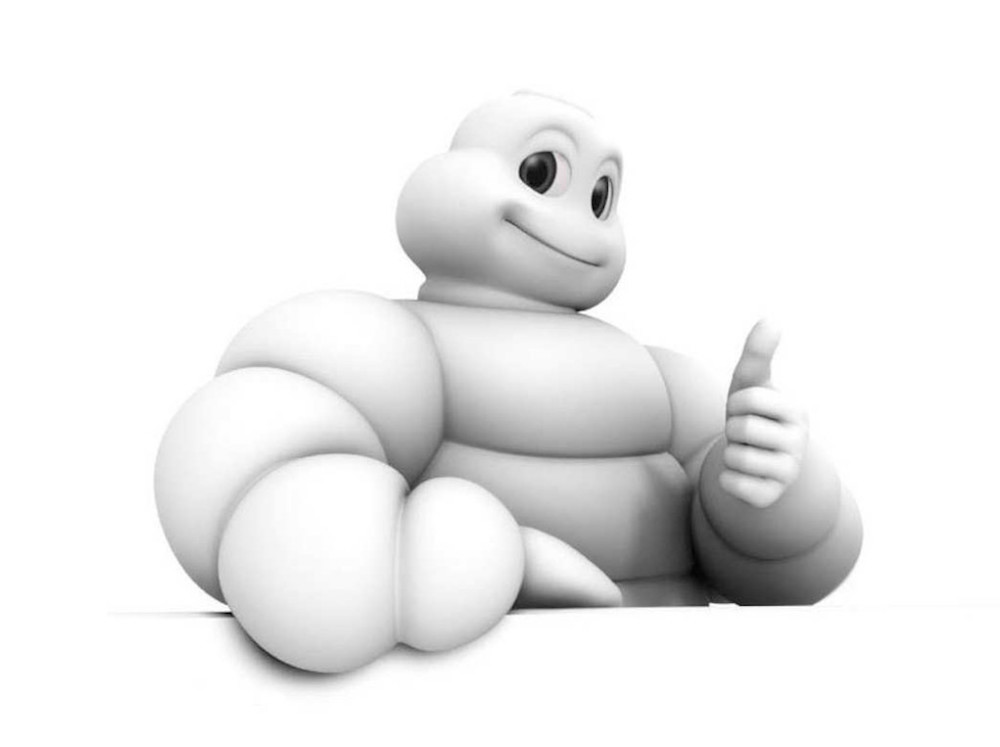 Michelin between sustainability and transformation, source Michelin website
Michelin between sustainability and transformation, source Michelin website
Michelin, factories engaged in a profound transformation
This first International Media Day it also takes stock of the transformations taking place in the Group’s plants.
Technology factories: Michelin’s industrial transformation also involves digitization and the use of artificial intelligence. Over the past 5 years, data has been archived for re-use in a collaborative environment. The Factory 4.0, by combining robots with artificial intelligence, multiplies the scale of the transformation, allowing to anticipate breakdowns, increase the quality and flexibility of production, improve working conditions and the level of personnel qualification. Ultimately, these innovations have enabled Michelin to achieve nearly 60 million euros in annual earnings.
Ecological factories: Michelin has already halved the environmental impact of its factories between 2005 and
2019. The Group’s ambition goes much further: to achieve a level of net zero emissions
by 2050, with the interim target of reducing CO2 emissions by 50% between 2010 and 2030. This
challenge can only be met by accelerating the group’s efforts in terms of sobriety and transition to
green energy. But CO2 is not the only criterion by which Michelin wants to reduce its impact. The Group has also committed to reducing water consumption by more than 30% by 2030.
Michelin presents two tires approved for road use with a high rate of sustainable materials
Michelin took another step forward a few weeks ago, unveiling two road-legal tyres, one for cars and the other for buses, containing 45% and 58% sustainable materials respectively. This world first is a concrete example of the Group’s ability to achieve its ambitious goal of using 100% sustainable materials in all its tires by 2050. They prefigure technologies for future models destined for mass production by 2050.
These advances, made possible thanks to Michelin’s expertise in the field of materials, investments in Research and Development and partnerships with innovative start-ups, will benefit all Michelin products. The integration of sustainable materials in the development of its tires is a real company of the Group, in which no compromises are made in performance and where enormous attention is paid to the environmental impact of each phase of the life cycle: design, production, transport, use and recycling.
“Michelin is constantly changing. We will face the challenges posed by an evolving tire market thanks to an increasingly innovative industrial tool, more respectful of the environment and where people play a key role. The culture of innovation of the Michelin teams allows the Group to anticipate and invent solutions every day, to meet the expectations of its customers and society. We are confident of achieving our strategic goals: in, around and beyond the tyre.” says Florent Menegaux, CEO of Michelin.






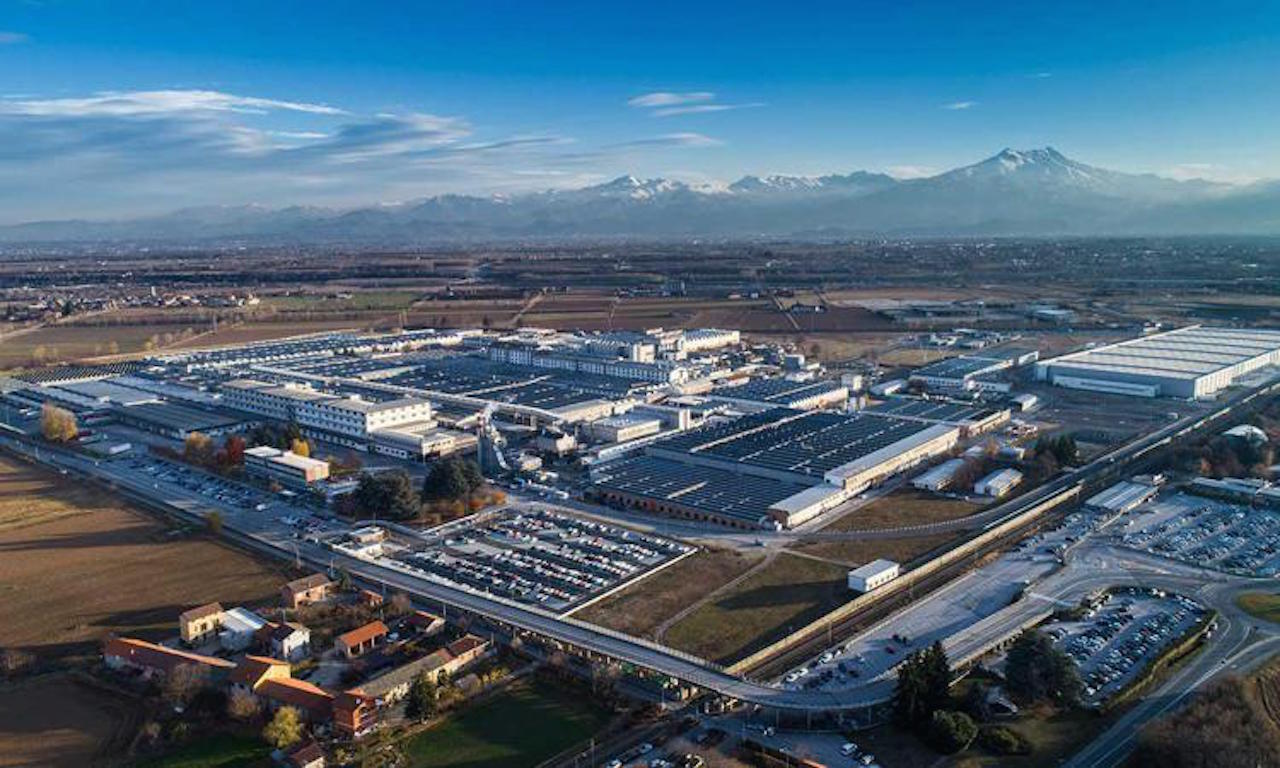


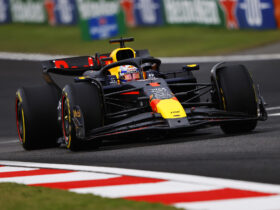

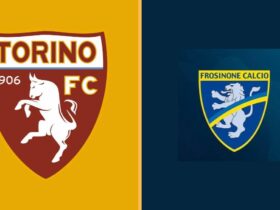
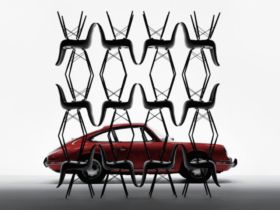
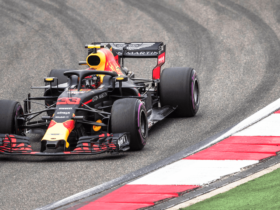
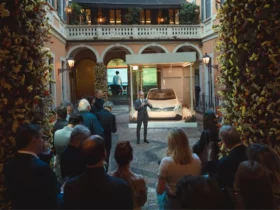
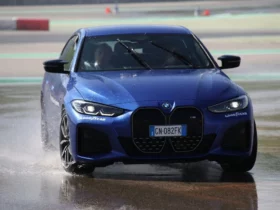
Leave a Reply
View Comments